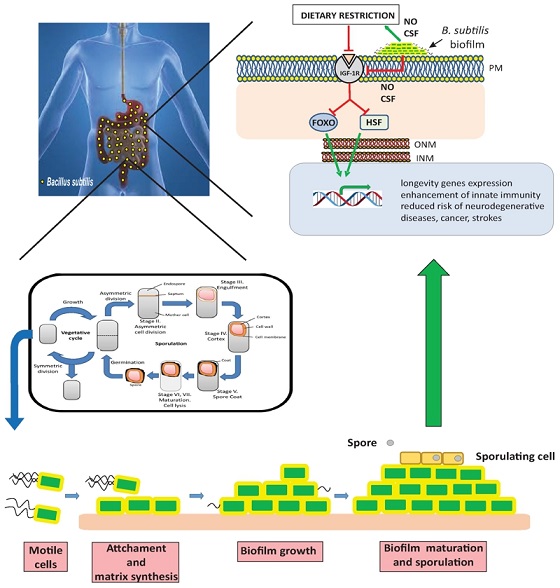The role of hydrogen peroxide in immune responses and its effects on bacteria:
- Hydrogen Peroxide and Immune Function: Hydrogen peroxide is produced by immune cells, such as neutrophils, as part of the body’s defense mechanism against infections. Neutrophils use hydrogen peroxide to kill ingested microbes during phagocytosis[3].
- Aging and Immune Response: In older individuals, the immune response, including the production of reactive oxygen species like hydrogen peroxide, can be compromised. Neutrophil function, including phagocytosis and the generation of superoxide (and by extension, hydrogen peroxide), is reported to decline with age[3].
- Hydrogen Peroxide and Bacteria: Some bacteria can release hydrogen peroxide to suppress the immune response, as indicated by a study on pneumonia[5]. This suggests that while hydrogen peroxide is used by the immune system to kill bacteria, some bacteria have evolved mechanisms to exploit hydrogen peroxide to their advantage.
- Hydrogen Peroxide and Vaccines: Hydrogen peroxide can be used to inactivate bacteria for vaccine preparation, maintaining immunogenicity better than some traditional methods like formaldehyde[6][8]. This indicates that hydrogen peroxide can kill bacteria outside the body under controlled conditions.
Given these points, while hydrogen peroxide is a tool used by the immune system to kill bacteria, the effectiveness of this mechanism may be reduced in older individuals due to the decline in immune function. Additionally, some bacteria have mechanisms to resist or even utilize hydrogen peroxide, which could further complicate the situation in an immunocompromised older person. Therefore, while hydrogen peroxide has antibacterial properties, its effectiveness in an old person with a compromised immune system is not clearly stated in the provided sources and would likely be less than in a person with a fully functioning immune system. Further studies would be needed to explore this specific question.
Citations:
[1] https://www.ncbi.nlm.nih.gov/pmc/articles/PMC7204068/
[2] https://www.nature.com/articles/s41467-019-11169-x
[3] https://www.ncbi.nlm.nih.gov/pmc/articles/PMC3061194/
[4] https://cdnsciencepub.com/doi/10.1139/w06-086
[5] https://www.news-medical.net/news/20190903/Pneumonia-uses-hydrogen-peroxide-to-weaken-the-immune-system.aspx
[6] https://www.sciencedirect.com/science/article/abs/pii/S1567576919302413
[7] https://www.pnas.org/doi/full/10.1073/pnas.0510346103
[8] https://www.researchgate.net/publication/332123221_Hydrogen_peroxide-inactivated_bacteria_induces_potent_humoral_and_cellular_immune_responses_and_releases_nucleic_acids



